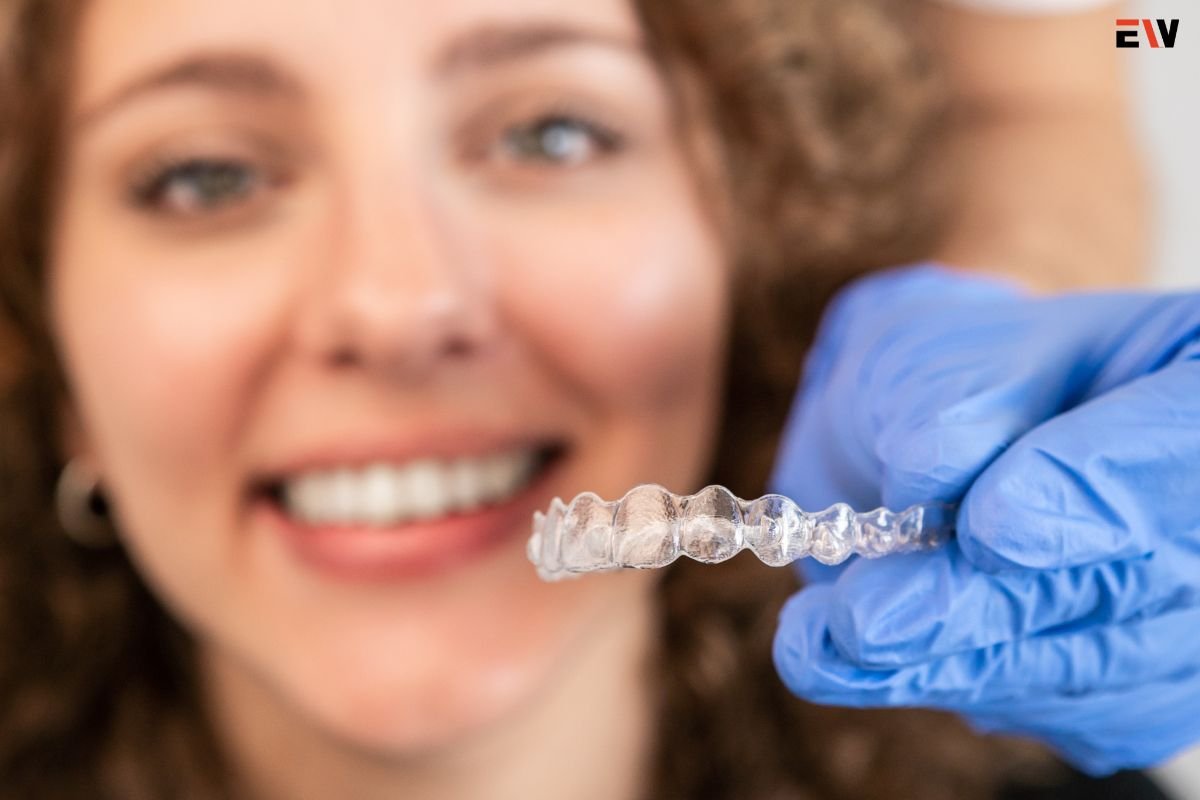Dental care is not just about maintaining a bright smile; it is a fundamental component of overall health and well-being. This comprehensive guide explores the significance of dental care, and its impact on physical and mental health, and provides strategies for maintaining optimal oral hygiene throughout life.
Here Are Strategies for Maintaining Optimal Oral Hygiene Throughout Life:
The Importance of Dental Care
1. Oral Health and Overall Well-being
Dental health is intricately linked to overall well-being. Poor oral health can contribute to various systemic conditions, including cardiovascular diseases, diabetes, respiratory infections, and adverse pregnancy outcomes. Regular dental care plays a vital role in preventing these health issues.
2. Prevention of Dental Diseases
Routine dental care is the cornerstone of preventing common dental diseases such as cavities (dental caries) and gum diseases (periodontal diseases). Through preventive measures like regular cleanings, fluoride treatments, and dental sealants, individuals can significantly reduce the risk of dental problems.
3. Maintaining Healthy Gums
Healthy gums are essential for overall oral health. Gingivitis and periodontitis, characterized by inflammation and infection of the gums, can lead to tooth loss if left untreated. Practices such as regular flossing, professional cleanings, and gum disease management contribute to maintaining healthy gums.
4. Early Detection of Dental Issues

Regular dental check-ups allow for the early detection of dental issues. Early intervention can prevent the progression of problems, reducing the need for more extensive and costly treatments in the future.
5. Boosting Confidence and Mental Well-being
A healthy and attractive smile has a positive impact on an individual’s self-esteem and confidence. Cosmetic dentistry procedures can address aesthetic concerns, contributing to improved mental well-being and a more positive self-image.
Comprehensive Strategies for Dental Protection
1. Establishing a Daily Oral Care Routine
A consistent daily oral care routine is fundamental to maintaining good dental health. This includes brushing teeth twice a day with fluoride toothpaste, flossing to remove plaque between teeth, and using an antiseptic mouthwash for additional bacterial control.
2. Regular Dental Check-ups
Routine dental check-ups are crucial for preventive care. Dentists can identify early signs of dental issues, provide professional cleanings, and offer personalized advice on oral care practices. Adults should aim for at least two dental check-ups annually.
3. Balanced Diet for Oral Health
Nutrition plays a vital role in dental health. A balanced diet that includes a variety of fruits, vegetables, lean proteins, and dairy products provides essential nutrients for strong teeth and gums. Limiting sugary and acidic foods helps prevent cavities and enamel erosion.
4. Fluoride for Dental Strength
Fluoride is a natural mineral that strengthens tooth enamel and helps prevent cavities. Fluoride toothpaste and fluoridated water contribute to maintaining dental strength. Dentists may also recommend fluoride treatments for additional protection.
5. Orthodontic Care for Alignment

Orthodontic care addresses issues related to teeth and jaw alignment. Braces, aligners, and other orthodontic interventions enhance oral health by improving bite functionality, reducing the risk of gum disease, and preventing uneven tooth wear.
6. Preventive Treatments for Children
Children can benefit from preventive treatments such as dental sealants and fluoride varnishes. Dental sealants create a protective barrier on the chewing surfaces of molars, reducing the risk of cavities. Fluoride varnishes strengthen tooth enamel.
7. Addressing Dental Anxiety
Dental anxiety is a common barrier to seeking dental care. Open communication with dental professionals, seeking relaxation techniques, and exploring sedation options can help individuals manage anxiety and receive necessary dental treatments.
8. Avoiding Tobacco and Limiting Alcohol
Tobacco use is a significant risk factor for gum disease and oral cancers. Quitting smoking and avoiding tobacco products contribute to improved oral health. Additionally, limiting alcohol consumption reduces the risk of oral cancers and supports overall health.
9. Protecting Teeth during Physical Activities
Mouthguards are essential for individuals engaged in contact sports or activities with a risk of dental injury. Custom-fitted mouthguards provide protection against tooth fractures, dislocations, and other oral injuries.
10. Specialized Care for Specific Needs

Individuals with specific dental needs, such as those with diabetes, pregnant women, or individuals with compromised immune systems, may require specialized dental care. Collaborating with dental professionals who understand these unique needs ensures comprehensive oral health management.
11. Awareness of Oral Cancer
Regular dental check-ups include screenings for oral cancer. Early detection of oral cancer significantly improves treatment outcomes. Individuals should be aware of the signs of oral cancer, such as persistent sores, red or white patches, and difficulty swallowing, and promptly report any concerns to their dentist.
12. Financial Considerations and Dental Insurance
Financial considerations can sometimes be a barrier to accessing dental care. Understanding dental insurance coverage, exploring flexible payment options, and communicating with dental providers about financial concerns can help individuals prioritize their oral health within their budget.
Conclusion
Dental care is a lifelong commitment that extends beyond achieving a dazzling smile. It is an integral part of maintaining overall health and preventing various dental and systemic issues. By adopting a comprehensive approach to dental care, including daily oral hygiene practices, regular check-ups, and preventive measures, individuals can enjoy a healthy smile and contribute to their overall well-being.
Promoting awareness about the importance of dental care, addressing dental anxiety, and ensuring access to quality dental services are essential steps toward building a society where everyone can enjoy the benefits of optimal oral health. A commitment to dental care is a commitment to a healthier, more confident, and fulfilling life.










